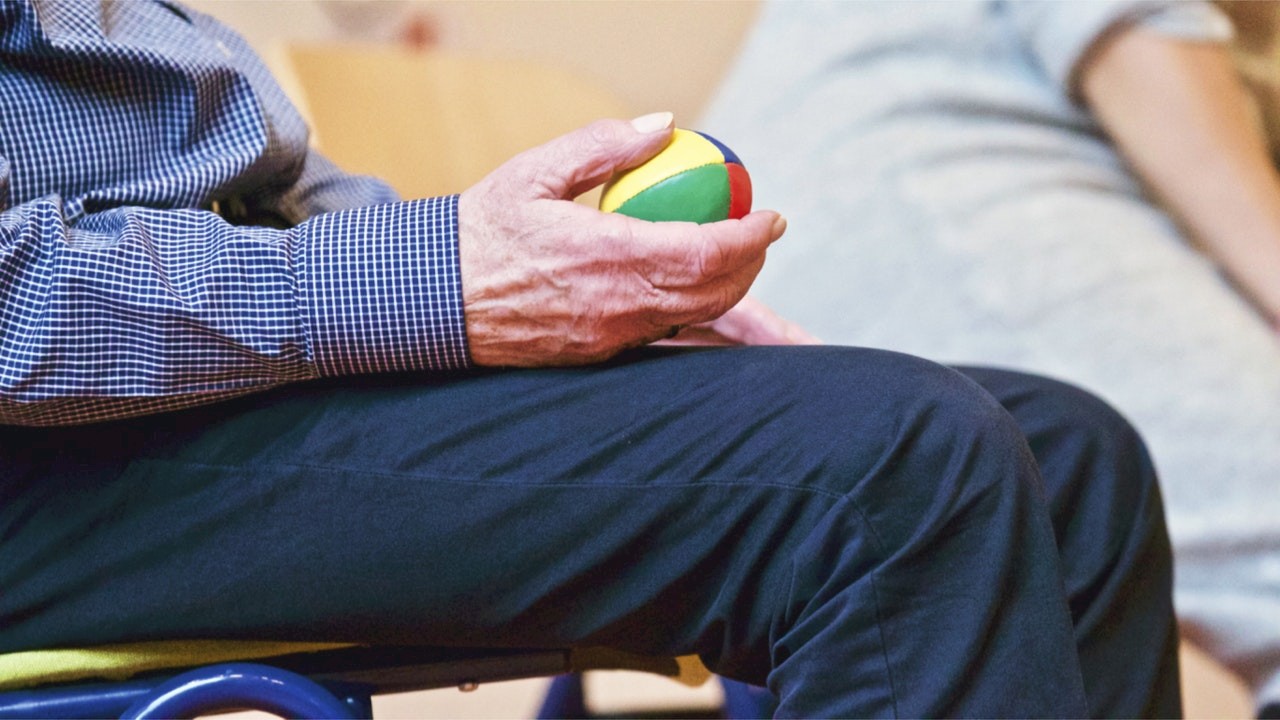November 2017
As we age, it can become more difficult to foster new relationships, engage in fun activities, and stay physically strong, but it is worth the effort!
I often tell patients that, had I been on the Human Body Design Committee, I’d have done things differently. It seems to me we should be rewarded for living longer, not punished with slower metabolisms and prolonged healing times. But, since no one asked me, here we are.
Patients often ask for suggestions on how they can age well. That is to say, how can they maintain independence and continue to enjoy life?
It is a simple question with a complex answer. Health is influenced by physical and emotional elements, as well as the blend of people’s personality traits and life experiences. However, I believe these recommendations can help most aging adults increase health and joy.
- Focus on your health, but don’t become obsessed with it. Concentrate on what you can achieve, not what you cannot.
- Remember that you deserve to be happy. Make each day a new opportunity to pursue happiness, whether that means finding time to garden, focusing on all the things you are grateful for, volunteering to help others, or whatever else you like to do.
- Allow for grief, but do not let it consume you. As we age, friends and family members pass away, leaving us lonely and sad. If you need extra support, consider talking to someone.
- Seek the company of others, humans and/or pets. We are social creatures. Companionship is an essential part of what makes most of us happy.
- Challenge yourself to overcome problems. It is hard to develop new friendships. It is hard to adjust to living without driving a car. It is hard to change any habit you’ve developed over decades. But if you think back over your life, it is often overcoming the hardest things that have resulted in the biggest rewards. Consider taking a class or visiting your local senior center.
One of the common adjustments we must make as we age is to learn to manage chronic disease; this often includes taking regular medication. Patients tell me they feel they’re throwing in the towel once they begin this process. I think they’re doing exactly the opposite. When diet and exercise are not enough to conquer high blood pressure, high cholesterol, heart disease, or diabetes, for example, regular medication can give your body the help it needs to lower risk factors and keep you feeling good. As people age, they sometimes drop bad habits, and as they do so, their need for medication can drop, too. When this happens, I’m very happy to take people off medications—in fact, it is one of my favorite things to do. The wisest course of action is to work with your healthcare provider to create a lifestyle plan that feels achievable.
While you are still able, it is best to prepare end-of-life plans and share them with your children or whomever will attend to those details. Ask your physician to complete an advance directive with you and put it in your medical chart. Taking care of these things early will take a huge burden off your loved ones as the end approaches.
Aging can be difficult for the person aging, of course, but also for friends and family members. It can be incredibly painful to watch your mom or dad lose function and/or decline cognitively. One of the ways you can help them is to spend time with them and encourage them to spend time with others. Isolation often hastens their decline. Allow them to make their own decisions, as long as they remain safe, and try to find ways to allow them to continue to serve in the role of the parent. Ask them for their opinions and advice, and remind them how they’ve helped you become the person you are. This will be good for both of you.
Dr. Sarah Alvord is an internist at MCHC Health Centers, a local, non-profit, federally qualified health center offering medical, dental and behavioral health care to people of all ages in Lake and Mendocino Counties.

 MyChart Login
MyChart Login

